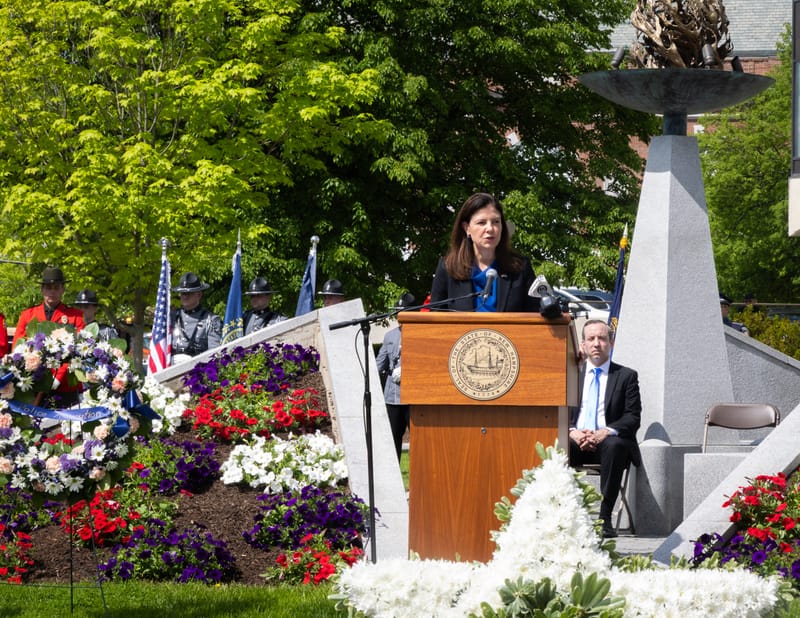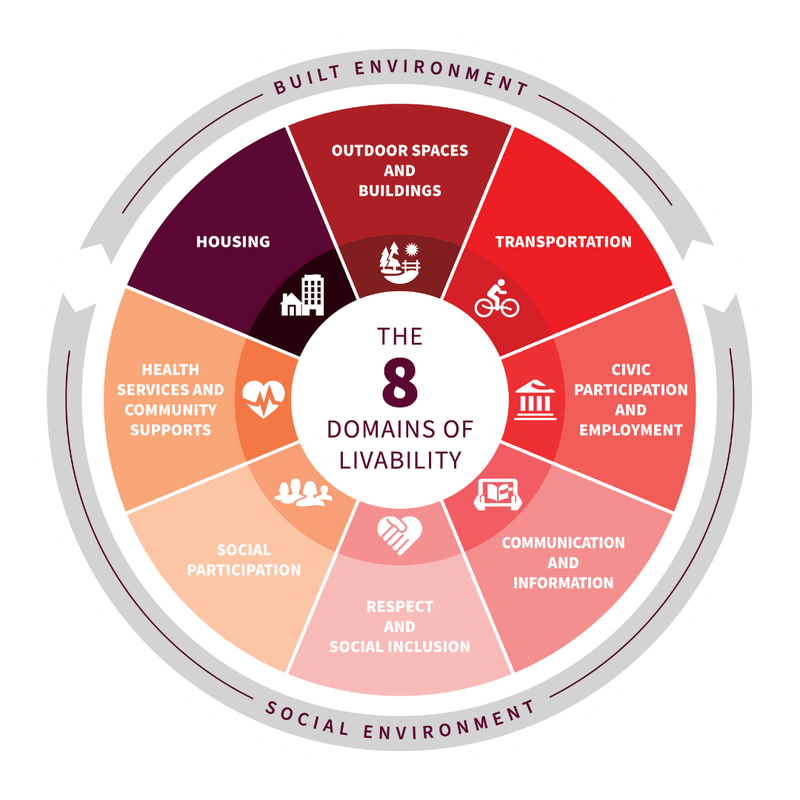Amid increasing demand, homeless community buoyed by support from all sides
The cafe’s example of giving is but one among many people and organizations from all walks of life doing what they can to assist Manchester’s homeless community.
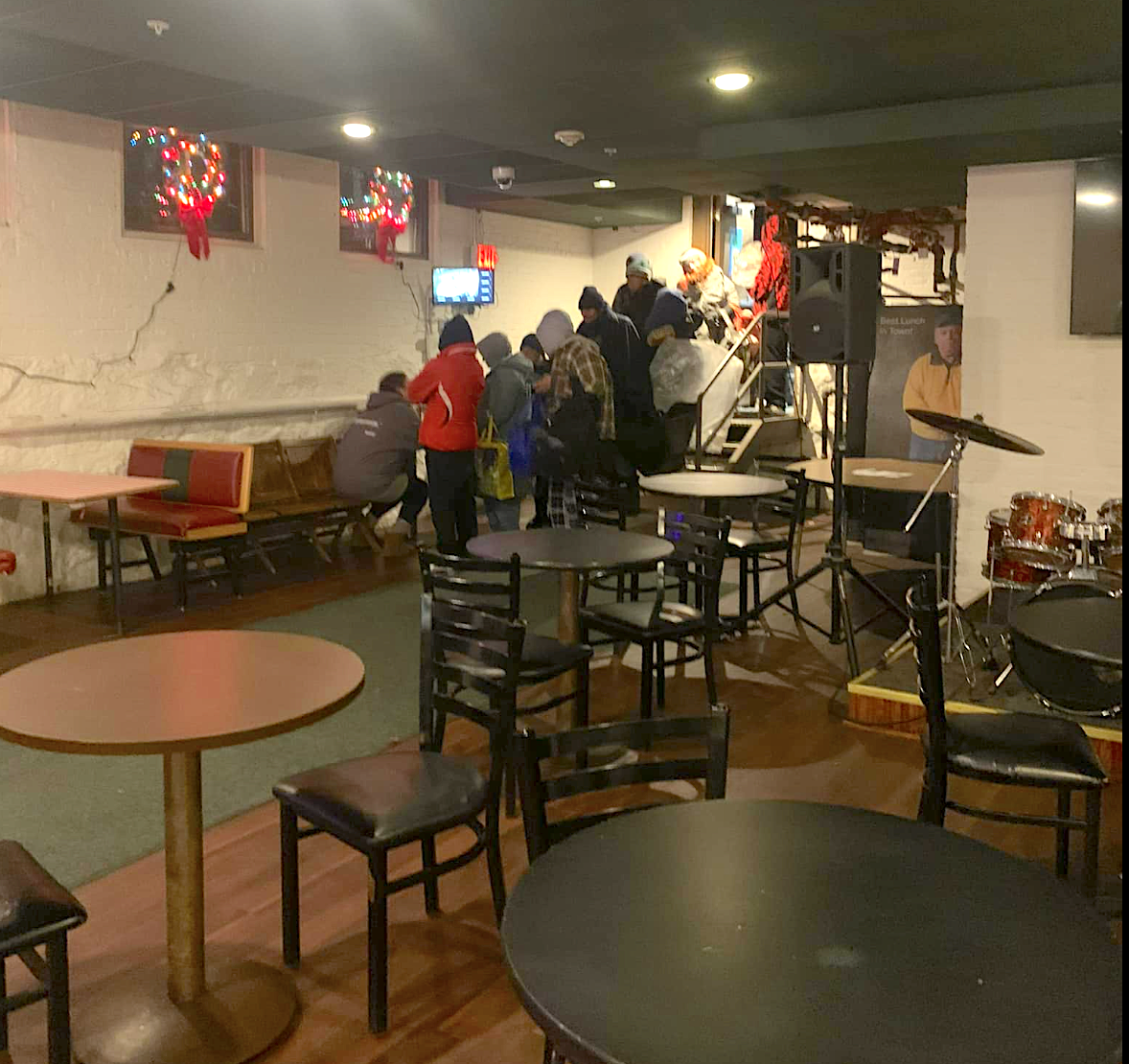
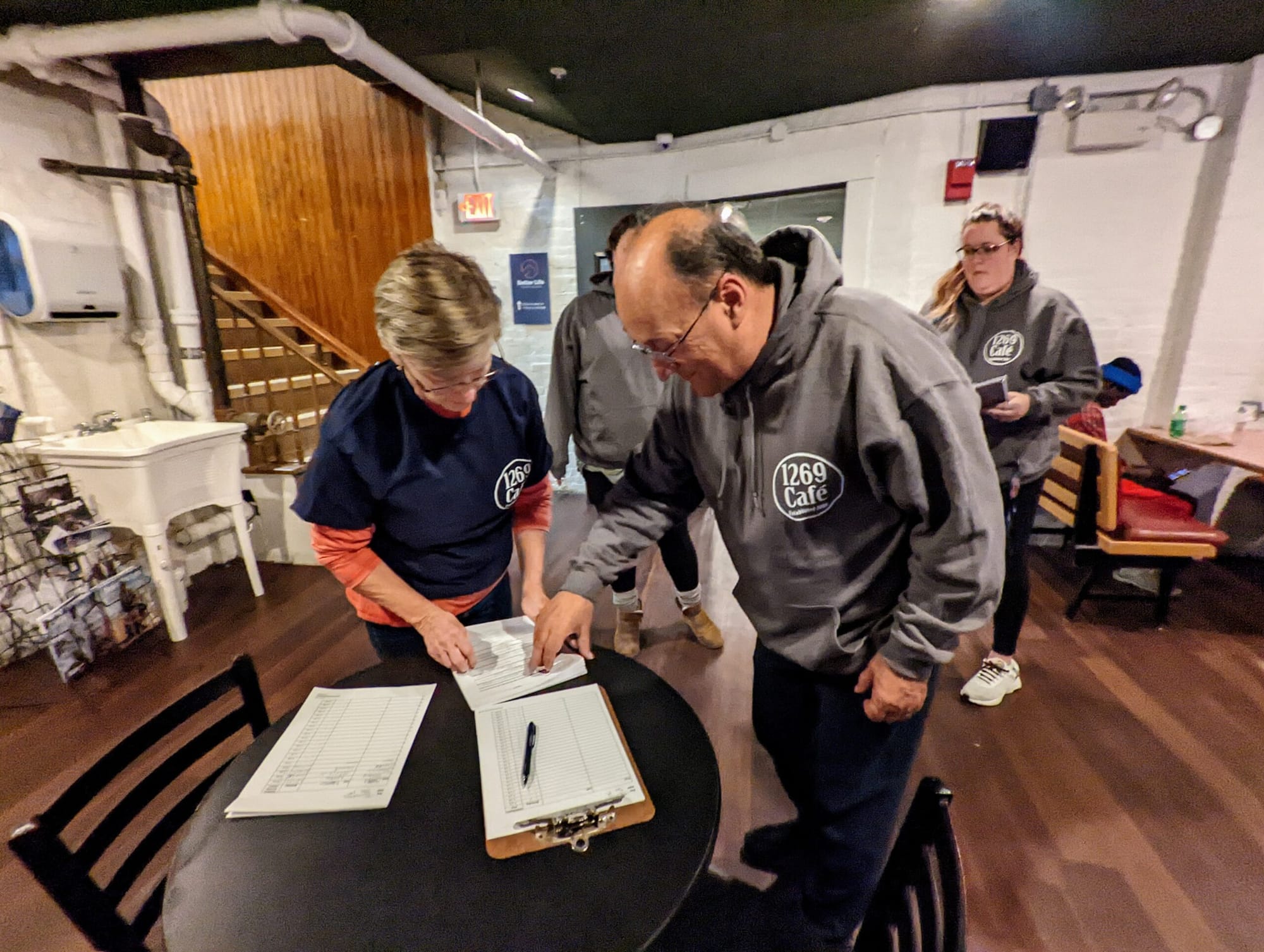

MANCHESTER, NH – When the 1269 Cafe opened its doors on Thanksgiving Day, it was the only non-shelter location where homeless people could access a bathroom. It was also a place where people displaced away from their families and friends could enjoy a Thanksgiving meal. People crowded into the cafe while turkey and mashed potatoes steamed out of disposable plates.
The cafe’s example of giving is but one among many people and organizations from all walks of life doing what they can to assist Manchester’s homeless community. A city-run shelter on Beech Street opened in February of this year, adding an engagement center for those in need of services in September. The adult emergency shelter on Manchester Street, run by Families in Transition, saw half a million dollars in spending to repair an old, aging building.

The FIT shelter has been at capacity with 138 people staying in the building for the last 18 months, according to FIT CEO Maria Devlin. Families in Transition is a $12 million per year operation that runs transitional housing units in addition to its shelter. They also operate a food pantry on Lake Avenue which has seen an increase in usage of late, with people lining up outside in the cold for long periods at a time.
The 1269 Cafe also has experienced days when people wait outside for lunch for a chance to be let in from the cold. Their food pantry, which is only open two hours at a time a few days a week, has also seen increased demand to the point where it is unable to open due to a lack of food.
Despite this, Mary Chevalier and her crew at 1269 remain optimistic and driven to serve the community to which they have already given so much. Their mission remains the same: to help as many people as they can. On Dec. 1 they resumed winter hours of operation which include overnight sheltering through March 31 between 8 p.m. and 7 a.m. They have foregone the usage of cots in their cold-weather overnight warming station. While people wishing to sleep must rest their heads on tables, the cafe can bring more folks in from the cold this way.

According to a recent Facebook post, 1269 Cafe is always in need of donations of coffee, instant oatmeal, soft granola bars, and Cup-o-Noodles. Their daily operations are Sunday through Friday from 9 a.m. for coffee and snacks; lunch is served Mon-Fri 11:30 a.m.-1 p.m. and Sundays at 11 a.m. The afternoon Warming Station is open until 4 p.m., Monday-Friday. They are closed on Saturdays except for the overnight warming station. Showers are available Monday-Friday mornings and after lunch, depending on volunteers available. The food pantry is available Wed. & Thurs . between 10:30 a.m. and-12:30 p.m., and Sunday 11-12.
The city of Manchester has been working to help its homeless community, as well. On November 1, the city hosted a Continuum of Care event to increase collaboration between agencies in order to improve outcomes for everyone. Among the attendees were providers, leaders that impact funding, advocates for the homeless, street outreach, faith community, treatment providers, housing providers, and relevant city departments – fire, police, library, welfare, and planning officials. The Board of Mayor and Aldermen were invited as well.
Continuum of Care is a program required by the Department of Housing of Urban Development. Its goal: to promote and partially fund efforts to end homelessness. Communities who receive CoC money must use it for specific purposes, such as outreach, rapid rehousing, and participation in HMIS, the Homeless Management Information System. HMIS is a national database designed to collect data regarding homelessness.
This year’s CoC meeting was specifically about increasing cooperation between agencies taking individual actions to help the state’s homeless population.
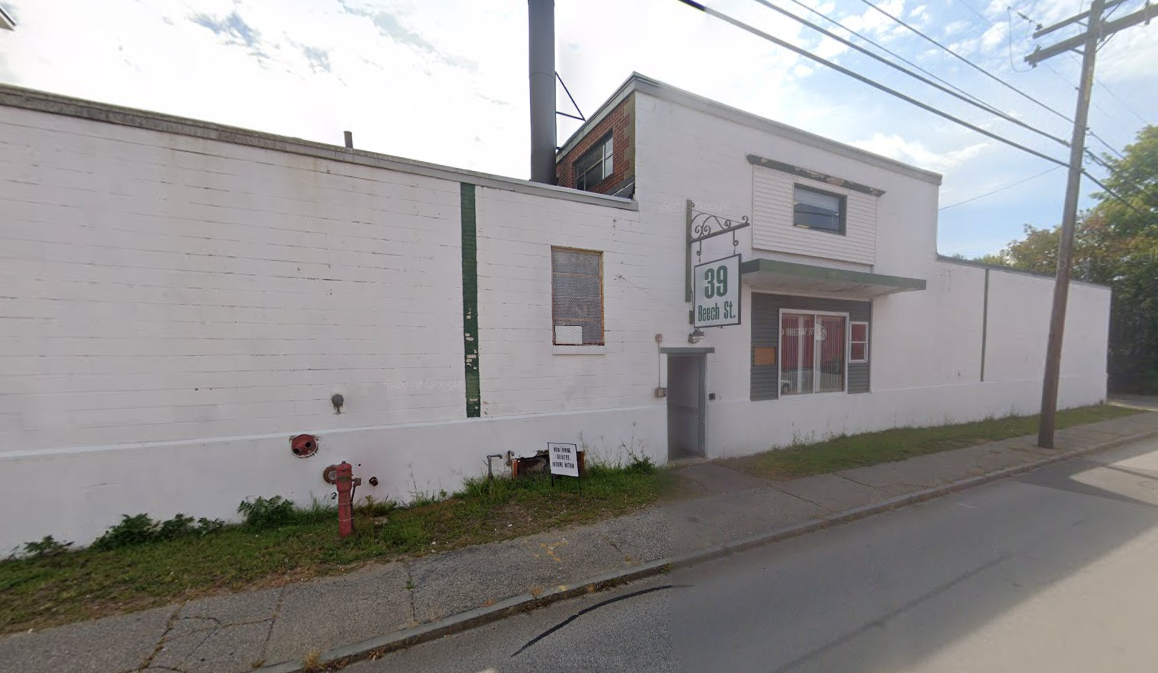
“We all have to work together,” Adrienne Beloin, Manchester’s Director of Housing Stability, said. “Many people in the room didn’t realize they could be part of the CoC and participate. This is a city-wide effort. When we make decisions across the city, we make them as a group. If we collaborate and do all of this together, we can standardize our efforts and improve the quality of what we’re doing. Continuums that work together like that tend to have better outcomes at reducing homelessness.”
The city has no plans to increase shelter space in Manchester. Despite 138 beds available at Families in Transition, and the spots available at 1269 and the 40 shelter beds at 39 Beech Street, homelessness still persists.
When speaking of the Beech Street shelter, Beloin said, “It’s a huge improvement from last winter. We have warm showers and clothing and case management. That’s a great place to be in addition to staying warm.”
While much work remains to be done, a great deal of progress has been made already. For some, the goal of a lifetime of effort, work, and sacrifice remains the same: to alleviate and, where possible, eliminate suffering resulting from the lack of a home.


